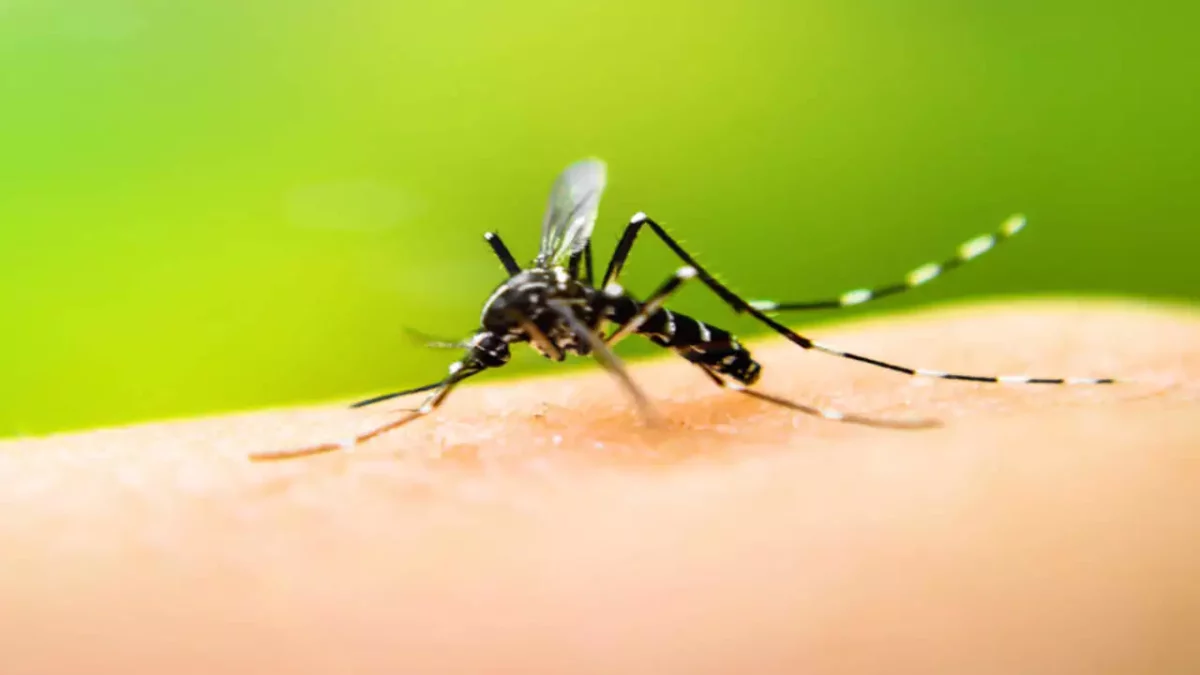Dengue fever is a viral illness transmitted primarily by the Aedes mosquito species. While it’s often characterized by symptoms such as high fever, severe headache, joint and muscle pain, and rash, dengue can escalate into a life-threatening condition if not promptly addressed. In this article, we emphasize the critical importance of recognizing and responding to dengue symptoms swiftly to protect your health.
- Understanding Dengue
Dengue fever is a prevalent mosquito-borne disease found in tropical and subtropical regions of the world. The virus responsible for dengue infection can manifest in various forms, ranging from mild flu-like symptoms to severe dengue hemorrhagic fever (DHF) or dengue shock syndrome (DSS). While mild dengue is often manageable, DHF and DSS can be fatal if left untreated.
- Recognizing Dengue Symptoms
The first step in safeguarding your health against dengue is to recognize its symptoms. Dengue typically presents with the following signs:
- High fever
- Severe headache
- Pain behind the eyes
- Joint and muscle pain
- Fatigue
- Skin rash
- Mild bleeding, such as nosebleeds or gum bleeding
Should you or someone you know experience these symptoms, it is crucial not to dismiss them as a regular illness or fever. Timely recognition is key to preventing the progression of the disease.
- The Dangers of Delay
Delaying medical attention when dengue symptoms emerge can have dire consequences. As the virus continues to replicate and the immune system responds, the risk of severe dengue complications increases. DHF and DSS can lead to:
- Severe bleeding
- Organ damage, especially the liver and heart
- Shock
- Death
In severe cases, dengue can become a medical emergency, requiring intensive care and hospitalization.
- Swift Action is the Best Defense
When dengue symptoms appear, swift action is your best defense. Here are essential steps to take:
- Consult a healthcare professional immediately. Early diagnosis and proper medical care are critical.
- Stay hydrated. Adequate fluid intake helps manage symptoms and prevent dehydration, which can worsen the condition.
- Get plenty of rest. Resting allows your body to recover and fight the virus more effectively.
- Avoid self-medication. Over-the-counter drugs like aspirin or ibuprofen can worsen bleeding symptoms. Follow your doctor’s advice.
- Preventing Dengue
Prevention is always better than cure. To reduce your risk of contracting dengue in the first place, consider these precautions:
- Use mosquito repellent on exposed skin.
- Wear long-sleeved clothing and pants, especially during peak mosquito activity times (dawn and dusk).
- Eliminate mosquito breeding sites around your home by emptying or covering containers that collect water.
- Install window and door screens to keep mosquitoes out.
Dengue is a potentially life-threatening illness that demands prompt attention and care. By recognizing the symptoms early and seeking immediate medical help, you can significantly increase your chances of a full recovery. Remember that prevention is key, and taking steps to avoid mosquito bites can go a long way in safeguarding your health. Don’t underestimate dengue – act swiftly to protect your life.
